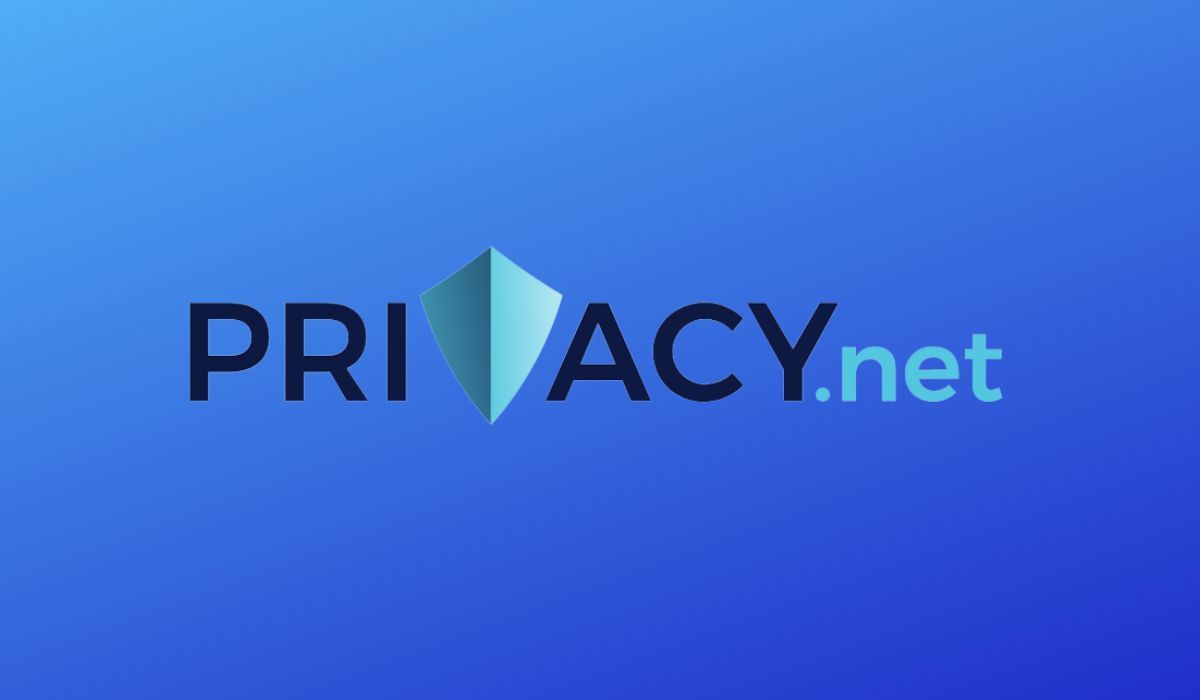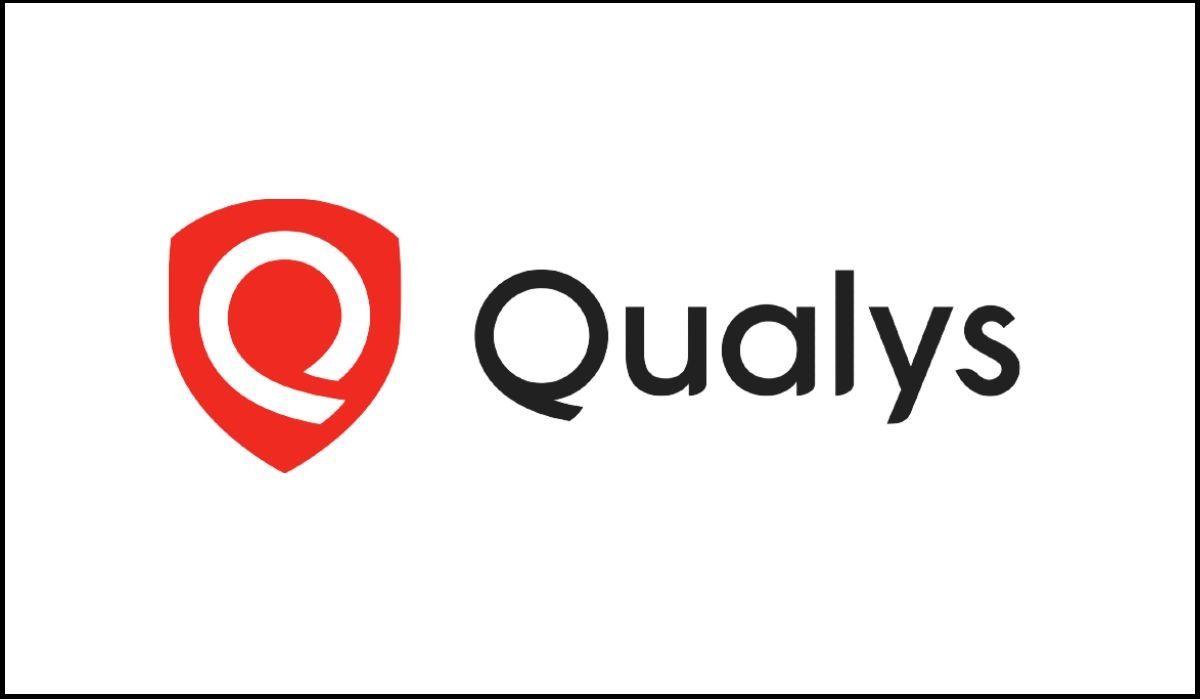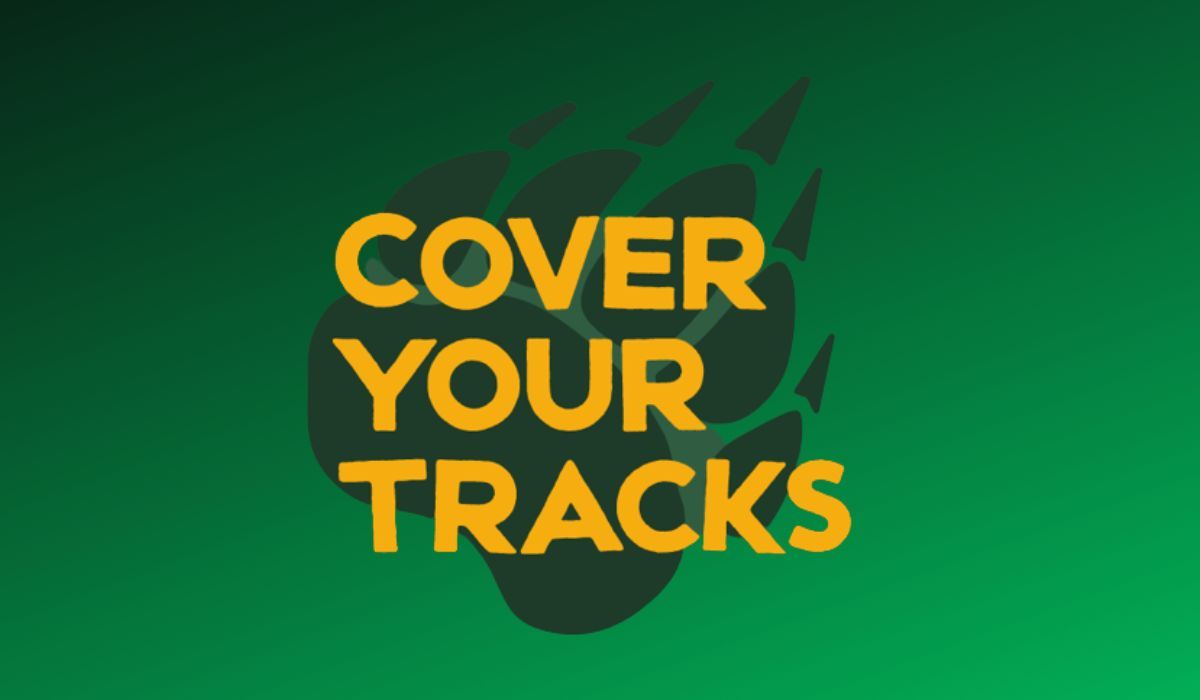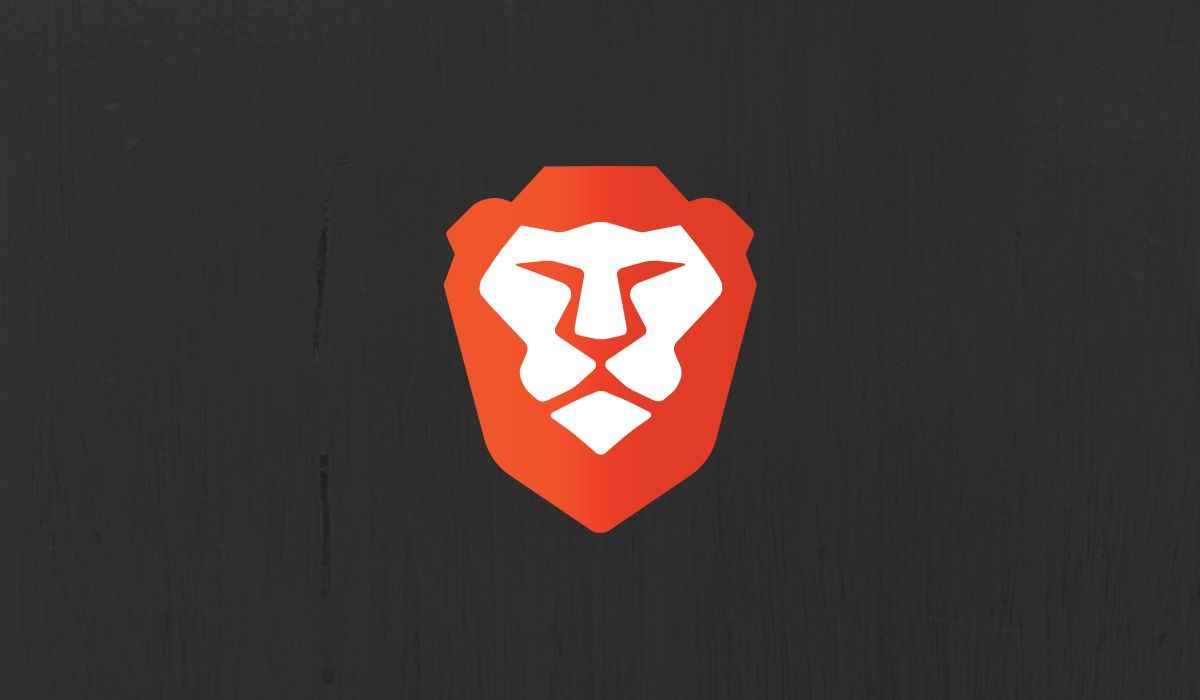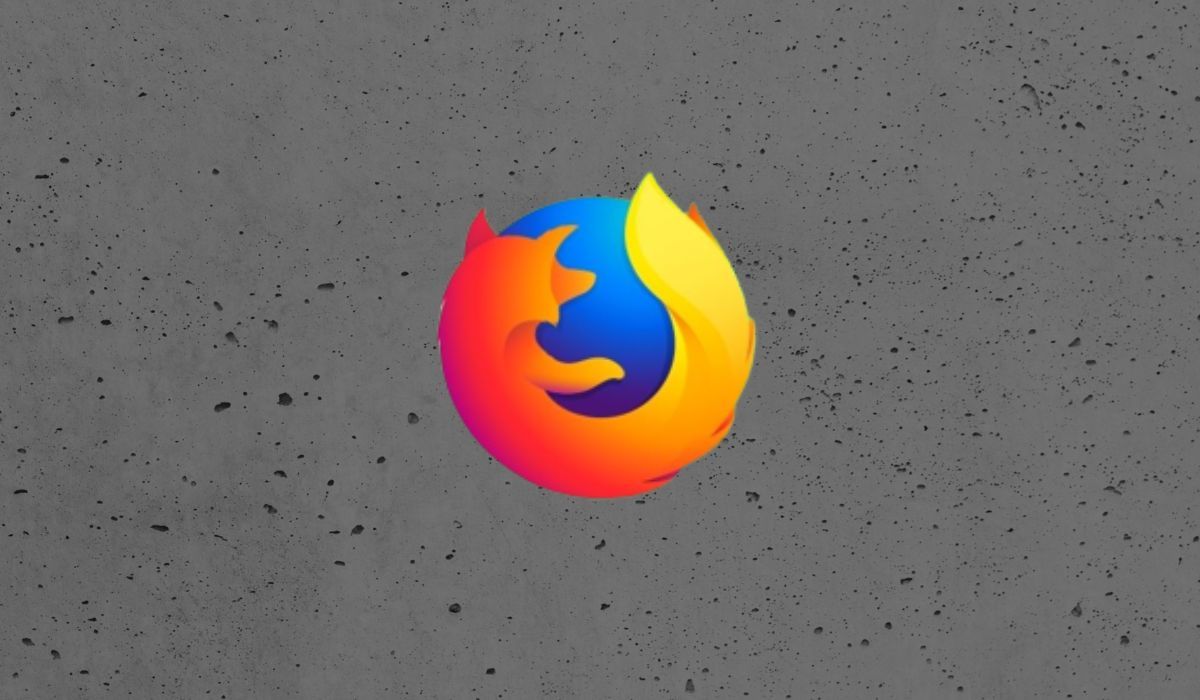[ad_1]
Your browser is your first line of defense against malware, privacy-infringing trackers, annoying ads, and many other cyber threats.
But how can you know for sure if your browser is secure? Here are five free tools you can use to check its security.
Privacy Analyzer performs various tests to help you evaluate the security of your browser. Click to launch it START THE TEST button In seconds, you’ll receive five detailed reports that explain what the website you visit knows about you.
The privacy analyzer shows whether the pages you visit collect information about your operating system, screen resolution, and even battery level if you’re using a mobile phone or laptop.
The tool also checks if autocomplete is enabled in your browser, shows if it reveals information about the accounts you’re signed in to, checks its capabilities and settings, and analyzes fingerprints.
Qualys is a well-known name in cloud security that has been around for over two decades. Its browser checker is free and easy to use, but offers great insight into how secure your software is.
Qualys BrowserCheck scans the browser for potential vulnerabilities and other security issues and notifies the user if they need to remove a plugin, install an update, etc.
For a more thorough analysis, you can install the BrowserCheck plugin, which is also free. Also, it runs automatic scans from time to time, which can certainly help detect any anomalies if they occur.
Created by the Electronic Frontier Foundation (EFF), a non-profit advocacy group, Cover Your Tracks is an extremely powerful tool that checks if your browser is tracking-proof.
Click to start the analysis TEST YOUR BROWSER and turn on Check with a real tracking company function. In less than a minute, the tool will show you whether your browser blocks ad tracking, invisible tracking, and fingerprints.
After running the tests, Cover Your Tracks displays a table and a detailed report that explains how and why you are being tracked by advertisers and data brokers. It also displays a quick guide on how to read and interpret the report.
As the name suggests, AmIUnique detects whether your browser leaves a unique fingerprint on the web, making it easier for advertisers to target you. It’s more detailed (and more technical) than Cover Your Tracks.
The tool also analyzes any extensions and plug-ins you have installed to see if they compromise your browser’s security or violate your privacy in any way.
Like Qualys BrowserCheck, AmIUnique has its own browser extension. This allows the user to view their fingerprint history and make adjustments based on that. The timeline feature is particularly useful as it allows you to see how and if your fingerprint has changed over time.
Cloudflare’s Browsing Security Checker is probably the most unique tool of the bunch because it revolves around testing Domain Name System (DNS) queries.
After pressing the orange Check my browser the Cloudflare tool will check if you’re using a DNS resolver, analyze whether you can be attacked through your browser, check if attackers can see the certificates of the websites your browser connects to, and so on.
You can click the button for more detailed explanations Learn more button (located below each result) and find out if there are any steps you can take to improve your security and privacy.
What to do if your browser fails these tests
If your browser passes the above tests, it is as secure as such software can be. However, if some or most of them fail, you should replace it with a safe alternative. Here are three safe and private browsers to consider if the one you’re currently using doesn’t meet these standards.
1. Brave
Brave was released in 2019, but it has already established itself as a safe alternative to Chrome and other major browsers, mainly because it does everything on its own.
Brave automatically blocks ads and trackers, hides your online footprint, changes all websites to HTTPS, blocks scripts, and has built-in access to the Tor network.
Brave is based on Chromium, which means you can install any extension available in the Chrome Web Store. Plus, it’s super fast and intuitive, so you don’t have to compromise on performance to improve your security.
2. Firefox
Firefox was launched more than 20 years ago, but it remains one of the most popular web browsers among technology enthusiasts, primarily because of its security and privacy features.
Firefox is fast, open source, gets regular security updates, has a store full of useful extensions and add-ons, and can be synced across devices.
Unlike many other browsers, Firefox has extensive customization options. This can make a real difference when it comes to security and privacy, as you can manage tracking and cookie permissions, disable or enable certain updates, control downloads, and more.
3. Tor browser
Tor (The Onion Router) is an open source technology that allows users to browse the Internet privately by routing traffic through an overlay network.
The best way to connect to this network is with the Tor browser, which is probably the safest and most private browser available today, as it is designed to hide almost all information that can be used to identify you online.
This comes at a price, at least in terms of performance: Tor is much slower than other browsers. However, it is still an important privacy tool that you should install on your devices.
Improve your browser security to protect yourself
Brave, Firefox, and Tor may be more secure than other browsers, but none of them are perfect. The good news is that you can make almost any browser more secure by tweaking your settings, installing privacy-focused extensions, and updating it regularly.
But no matter how secure a web browser is, you’re at risk if you don’t follow basic security protocols. This includes installing reliable anti-malware software, avoiding dodgy websites, using strong passwords, and checking every suspicious link before clicking on it.
[ad_2]
Source link

